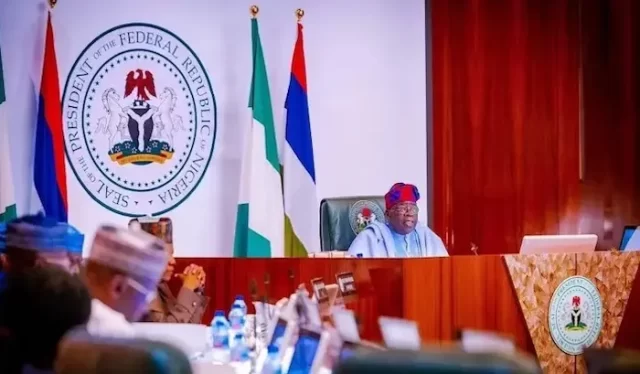
The Federal Executive Council (FEC) under the Tinubu administration has approved ₦4.5 billion for the procurement of HIV treatment packs to support Nigerians living with HIV/AIDS.
This move comes as the U.S. government granted an emergency waiver allowing the continuation of foreign aid for HIV treatment, reversing a previous funding freeze imposed under former U.S. President Donald Trump’s administration.
The funding freeze, part of a broader review of foreign aid policies, had threatened vital HIV treatment programs globally, including in Nigeria.
The U.S. President’s Emergency Plan for AIDS Relief (PEPFAR), which has been instrumental in providing treatment to millions, was affected by the suspension.
- Boko Haram IED Explosion on Borno Road Kills Eight, Wounds Others
- EFCC Opens Probe of 24 Nigerian Young Men Detained in Ghana over Suspected Cybercrimes
- Former CBN Governor Emefiele Attempts To Regain Forfeited Abuja Estate; Court Dismisses the Attempt
- King Sunny Ade’s House Divided as Daughter Alleges he has Been Kidnapped; Other Family Members Deny Claim
- You Can Gather All Governors But If Nigerians Reject You, it is Over — El-Rufai Tells Tinubu
- Woman Leaves Husband after Falling in Love with ChatGPT
However, after pressure from health organizations, the U.S. government lifted the pause, ensuring that life-saving medication remains available to affected countries, including Nigeria.
Despite this relief, the National Agency for the Control of AIDS (NACA) has emphasized the need for Nigeria to strengthen domestic funding for HIV treatment to reduce reliance on foreign aid.
The agency’s Director General, Dr. Temitope Ilori, highlighted that PEPFAR currently covers about 90% of Nigeria’s HIV treatment needs, making the country highly vulnerable to future donor policy shifts.
Nigeria has received over $6 billion in HIV/AIDS support from PEPFAR, and the newly approved ₦4.5 billion allocation signals the government’s commitment to sustaining treatment programs.
NACA has urged more resource mobilization efforts to ensure that the country can meet its goal of ending AIDS by 2030 through local funding and policy support.











